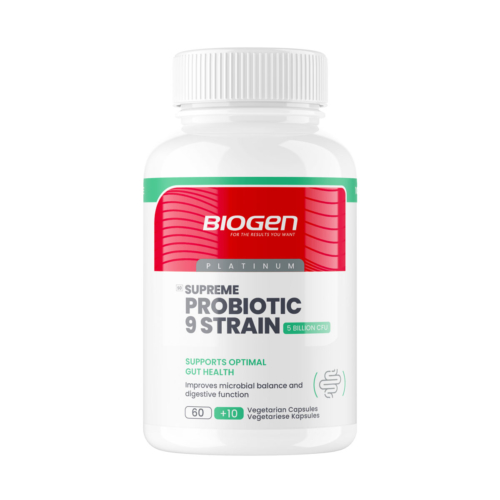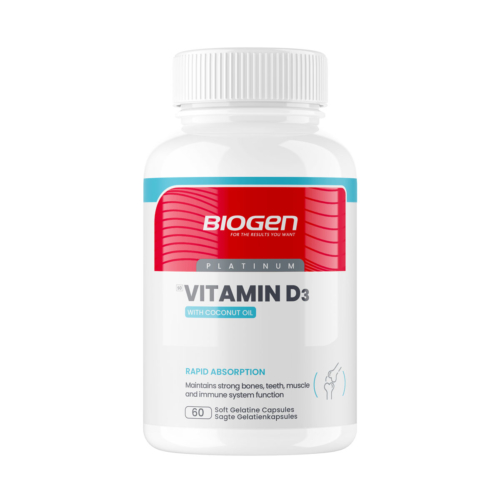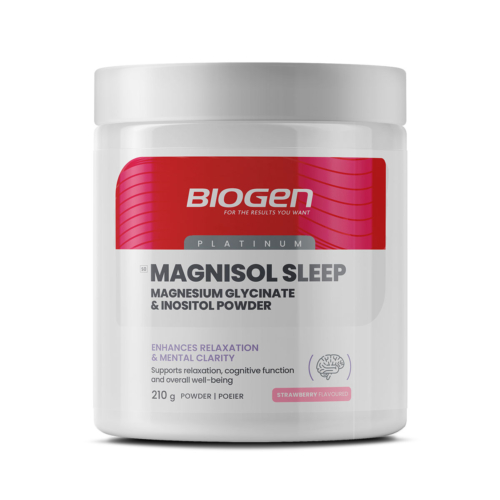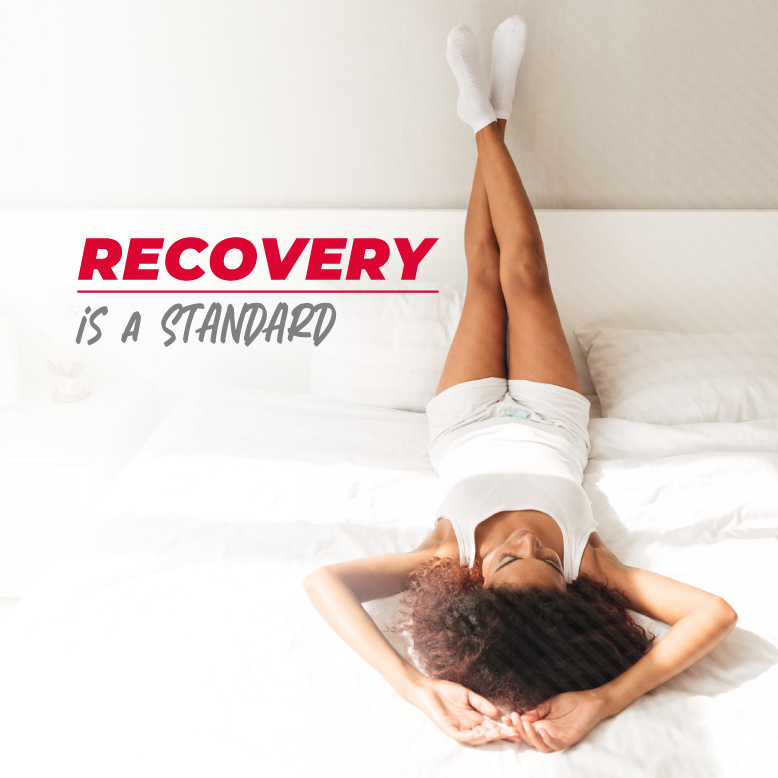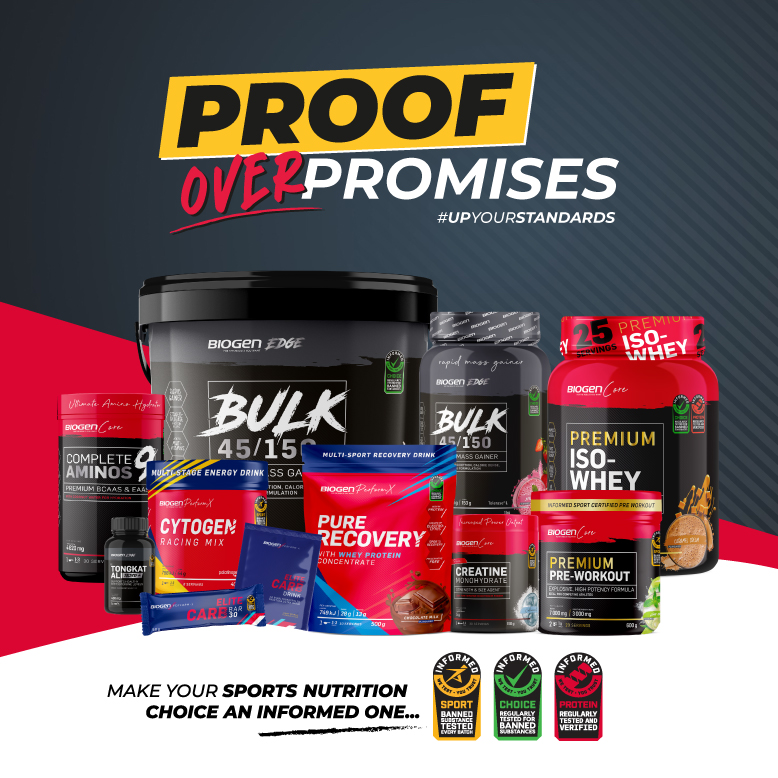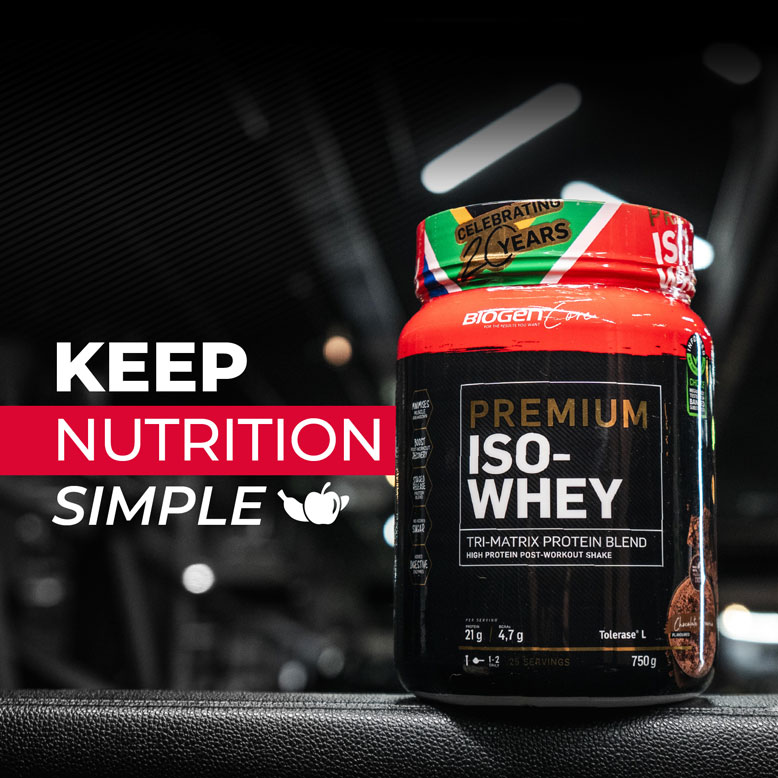
Understanding Why July Is Peak Cold and Flu Season in South Africa—And What You Can Do About It
You’re not imagining things! More people are coughing, spluttering and on sick leave in July because it’s peak cold and flu season in South Africa, but you can fight back with the right approach to immunity.
While the exact start and peak of the cold and flu season in South Africa can vary, it’s generally concentrated between May and August, which means July is a high-risk period for getting sick.
Flu factors
Several factors contribute to this peak. Both the common cold and flu (influenza) are caused by viruses that we transmit through the air or pick up when we touch infected people or surfaces.
Colder temperatures are more favourable for these viruses to survive and spread. Studies¹ suggest that an air temperature of 5°C yields the highest transmission rates for influenza, and July generally has the coldest average temperatures in the country.
Couple this with drier air and relative humidity below 20% and you get the perfect environment for influenza respiratory droplets to remain suspended in the air for longer periods (up to 24 hours), which increases the chance of transmission.
The cold also means we tend to spend more time indoors and in closer proximity to each other. This creates crowded, poorly ventilated environments where viruses can spread easily from person to person through respiratory droplets and aerosols.
The specific flu strains circulating in a given year and their mutations also play a significant role in the severity and timing of the peak.
Weakened immunity
Additional factors contribute to our susceptibility to catching the flu. For instance, sleep quality tends to suffer in winter due to a shift in our circadian rhythm, colder temperatures and less physical activity, which has a significant impact on our immune system.
Importantly, our immune system can also weaken in winter due to physiological changes and environmental conditions that directly impact immune function, making us more susceptible to infections.
These factors include lower vitamin D levels and weaker barrier immunity in the nose and respiratory system due to the colder conditions.
The heightened stress of coping with colder temperatures, less daylight, seasonal changes, and navigating school holidays is another important factor, as chronic stress can produce more stress hormones like cortisol, which has an immunosuppressive effect when levels remain elevated.
Take a preventative approach
The best approach to beat winter colds and flu is to avoid getting infected in the first place. This hinges on multiple factors, from a stronger immune system to other proactive measures.
Strengthening our immunity starts in our gut, because it is the command centre of our immune system. Housing over 70% of our immune cells² and trillions of microbes, the gut forms a critical frontline defence against illness, especially during cold and flu season.
The gut-immune axis – the powerful link between our gut microbiota and immune function – is reshaping how we approach immunity. A healthy gut microbiome regulates immune responses, reduces inflammation, and helps ward off infections².
Probiotics, found in foods, like yoghurt, kefir, kimchi, and in supplement form, train immune cells, reinforce the gut lining, and enhance both innate and adaptive immunity³.
Research⁴ also shows that strains like Bifidobacterium and Lactobacillus boost white blood cell production and modulate inflammation, offering protection against a range of immune-related conditions.
Lifestyle factors
We can also boost our immune system with a wholesome diet, nutritional support from immune-boosting supplements, regular exercise, sufficient sleep, optimal hydration and stress management.
Regular exercise strengthens the immune system in various ways:
- Exercise improves overall health, which boosts immune function.
- Regular moderate-intensity exercise helps to circulate immune cells around our body.
- Low-to-moderate-intensity exercise can help control stress hormone levels to limit their immunosuppression effect.
Restorative activities, such as yoga, tai chi, and Pilates, coupled with techniques, like meditation, can also help reduce stress and limit its immune-suppressing effects.
From a nutritional standpoint, our body derives the nutrients and building blocks it needs to produce disease-fighting immune cells and maintain the immune system from the food we eat.
A healthful diet that contains colourful natural fruit and vegetables will provide vitamins, minerals, phytonutrients, fatty acids, and fibre to nourish our bodies and help them function optimally.
Fresh, nutrient-dense fruits and vegetables are also packed with antioxidants, which can help boost immunity and protect cells from damage during an infection.
Ideal natural nutrient-dense foods include berries, broccoli, carrots, chard, oranges, papaya, sweet potatoes, Brussels sprouts, strawberries, tomatoes, bell peppers, mustard and turnip greens, mangoes, nuts, pumpkin, spinach, and sunflower seeds.
And it is important to get ample protein from lean meats, fish, quinoa, eggs, pulses, grains, dairy or tofu as the amino acids are vital to produce immune cells.
Supplement support
It is often beneficial to support our diet with supplements to make up for any potential nutritional shortfalls or supply our body with additional nutrients to help our immune system stave off or combat an infection.
Based on factors such as reduced exposure to sunlight, poor sleep and the importance of our gut in a strong immune response, the following immunity stack can offer significant benefits this July.
Biogen Supreme Probiotic 9 Strain contains both Lactobacillus and Bifidobacterium probiotic bacteria, making it an ideal product to use to support our immune system throughout the year, or acutely during cold and flu season.
As sunlight exposure typically decreases in winter, a vitamin D supplement can help compensate for a lack of exposure to boost levels and improve our immune response.
Biogen Vitamin D3 1000IU with Coconut Oil contributes to the maintenance of normal immune system function. Added coconut oil supports absorption as vitamin D is a fat-soluble micronutrient.
From a sleep perspective, magnesium can support better quality shut-eye through several mechanisms, including its calming effects on the nervous system, its ability to relax muscles, and its role in melatonin production.
The combination of magnesium glycinate, with inositol, and vitamin C in Biogen Magnisol Sleep not only helps to improve sleep but also supports a healthy immune system while reducing oxidative stress, and maintains electrolyte balance for added potential immunity benefits.
References:
- Lowen AC, Mubareka S, Steel J, Palese P. Influenza virus transmission is dependent on relative humidity and temperature. PLoS Pathog. 2007 Oct 19;3(10):1470-6. doi: 10.1371/journal.ppat.0030151. PMID: 17953482; PMCID: PMC2034399.
- Wiertsema SP, van Bergenhenegouwen J, Garssen J, Knippels LMJ. The Interplay between the Gut Microbiome and the Immune System in the Context of Infectious Diseases throughout Life and the Role of Nutrition in Optimizing Treatment Strategies. Nutrients. 2021 Mar 9;13(3):886. doi: 10.3390/nu13030886. PMID: 33803407; PMCID: PMC8001875.
- Carolina Maldonado Galdeano; Silvia Inés Cazorla; et al. Beneficial Effects of Probiotic Consumption on the Immune System. Ann Nutr Metab (2019) 74 (2): 115–124.. https://doi.org/10.1159/000496426.
- Rao RK, Samak G. Protection and Restitution of Gut Barrier by Probiotics: Nutritional and Clinical Implications. Curr Nutr Food Sci. 2013 May 1;9(2):99-107. doi: 10.2174/1573401311309020004. PMID: 24353483; PMCID: PMC3864899.


